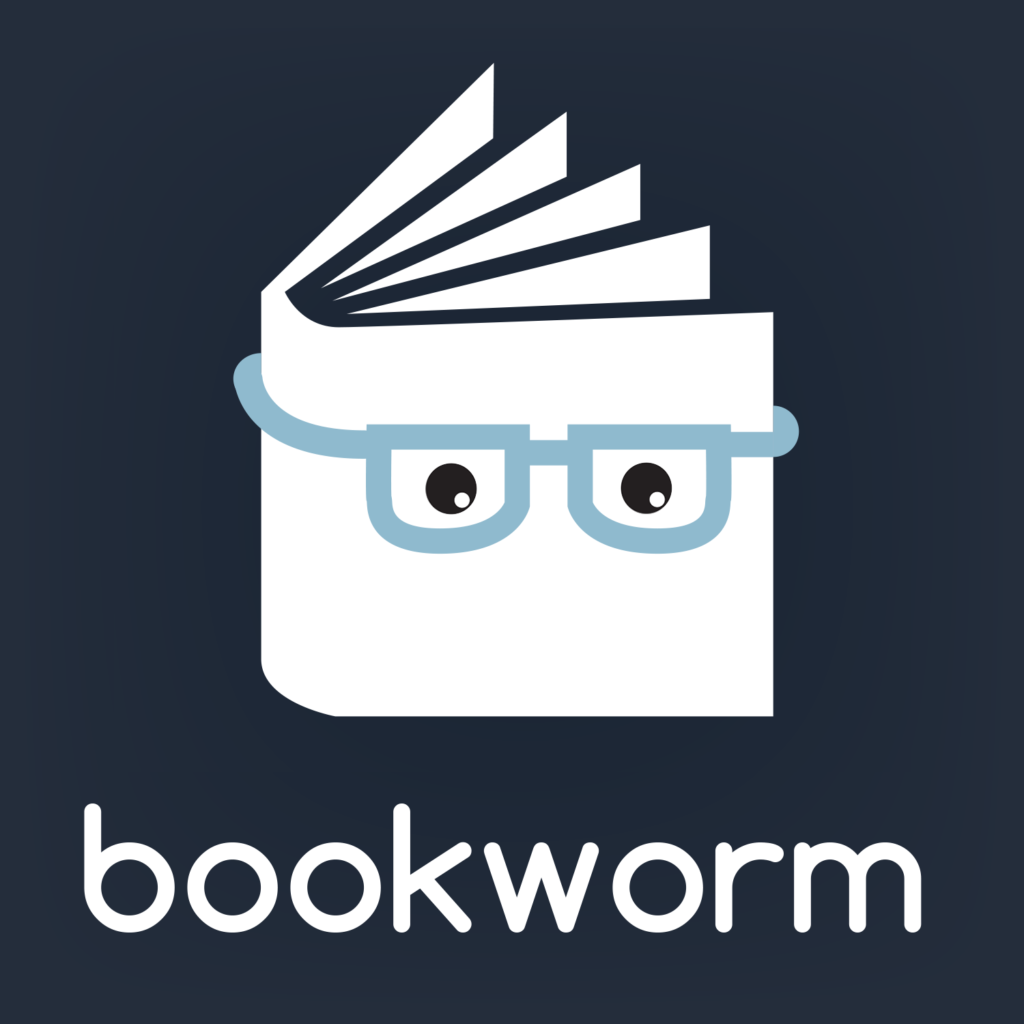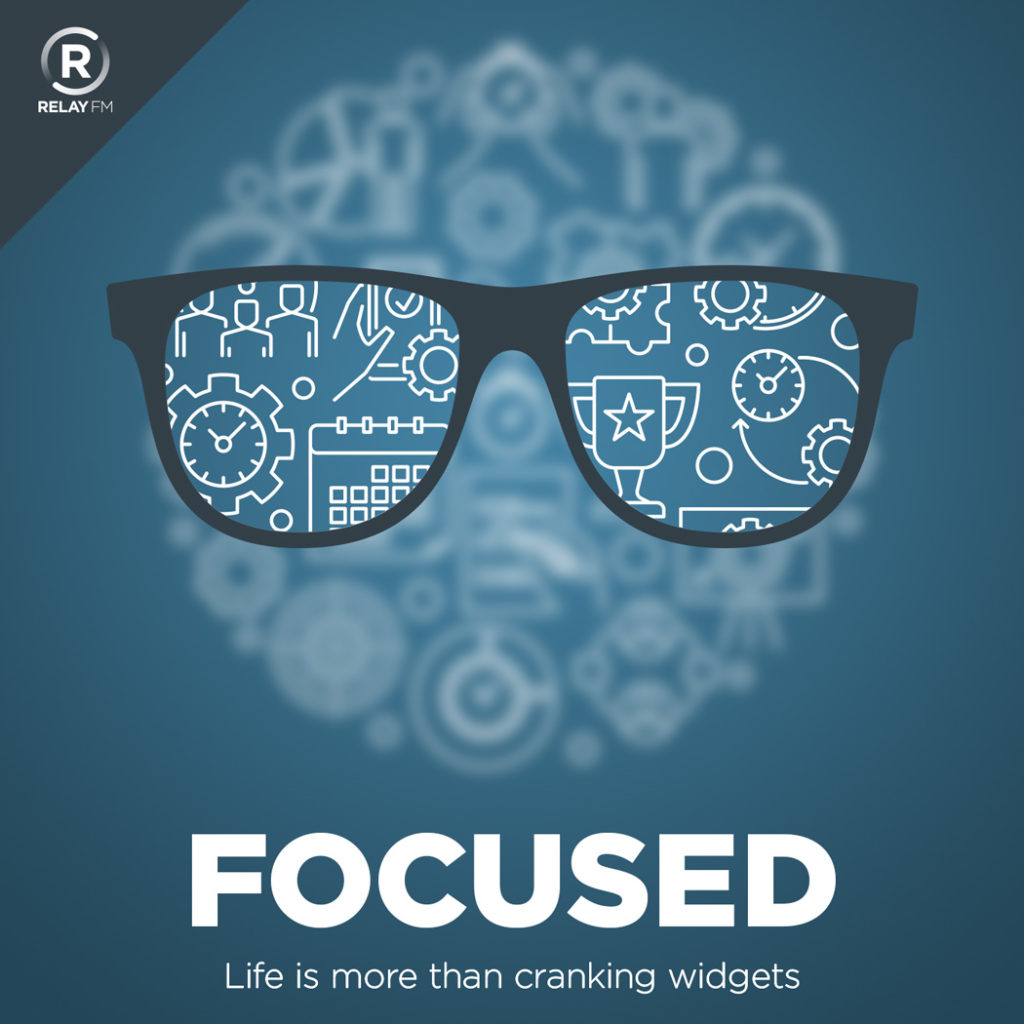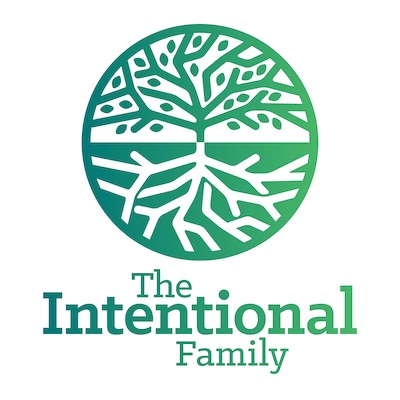
The world is overloaded with everything we’re built to crave. This episode’s author promises to help us overcome the scarcity mindset we inherited from our ancient ancestors to live a more satisfying life.
By Mike Schmitz

The world is overloaded with everything we’re built to crave. This episode’s author promises to help us overcome the scarcity mindset we inherited from our ancient ancestors to live a more satisfying life.
By Mike Schmitz

David & I consider our use of tasks and calendars and share our workflows for how we tie these two essential productivity tools together to get things done.
This episode of Focused is sponsored by:
By Mike Schmitz

In this episode, Rachel and I share tips to help you increase the quantity and quality of your sleep.
This Episode of The Intentional Family is sponsored by:
By Mike Schmitz

The world’s best problem-solvers, forecasters, and decision-makers all use mental models that help them cut through complexity and separate good ideas from bad ones. This episode’s authors promise to teach us how to use these frameworks and shortcuts to help make sense of the world around us and make better decisions.
By Mike Schmitz

Ugmonk founder Jeff Sheldon is back to talk about designing and building physical products, how our environments shape our ability to focus, and finding joy in the analog.
This episode of Focused is sponsored by:
By Mike Schmitz

In this episode, Rachel & I discuss the importance of having direction and share strategies for how to stay on target in different areas of your life.
By Mike Schmitz

In this episode, join Cory & me as we attempt to sleep (and live) better.
By Mike Schmitz

Jason Snell is back to talk about staying focused as an indie and his unique spin on off-site personal retreats.
This episode of Focused is sponsored by:
By Mike Schmitz

In this episode, Rachel shares the why behind our decision to homeschool and offers encouragement to live out the unique life that we are each designed to live.
By Mike Schmitz

The right conversation at the right moment can change everything. This episode’s author promises to teach us how to identify and leverage the hidden layers that lurk beneath every conversation.
I help people apply values-based productivity principles and create systems to help them live more intentional lives. If you’re into personal growth or PKM, you’re in the right place.
